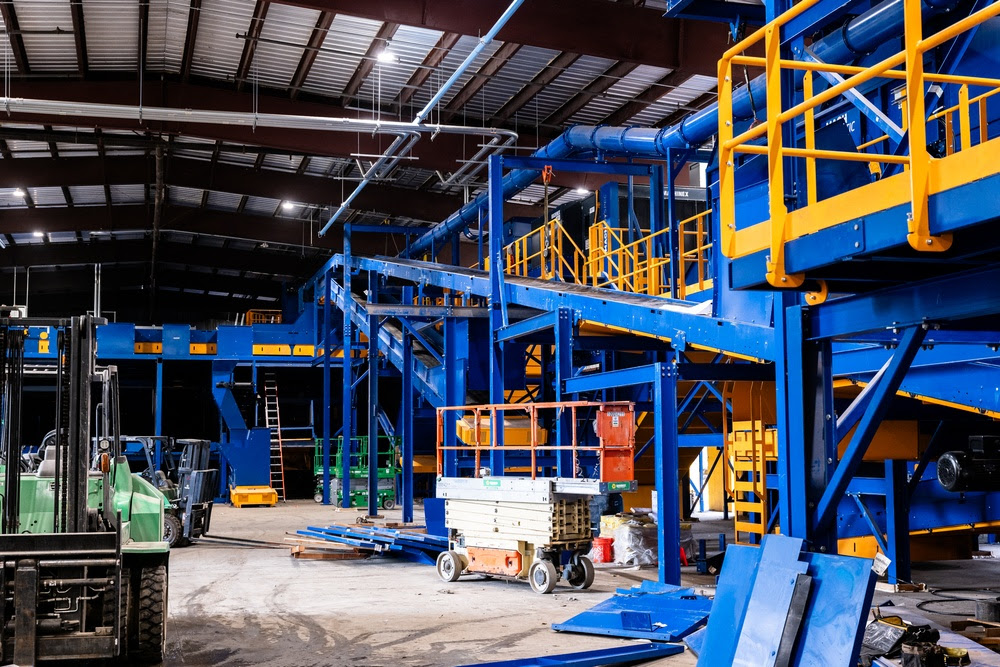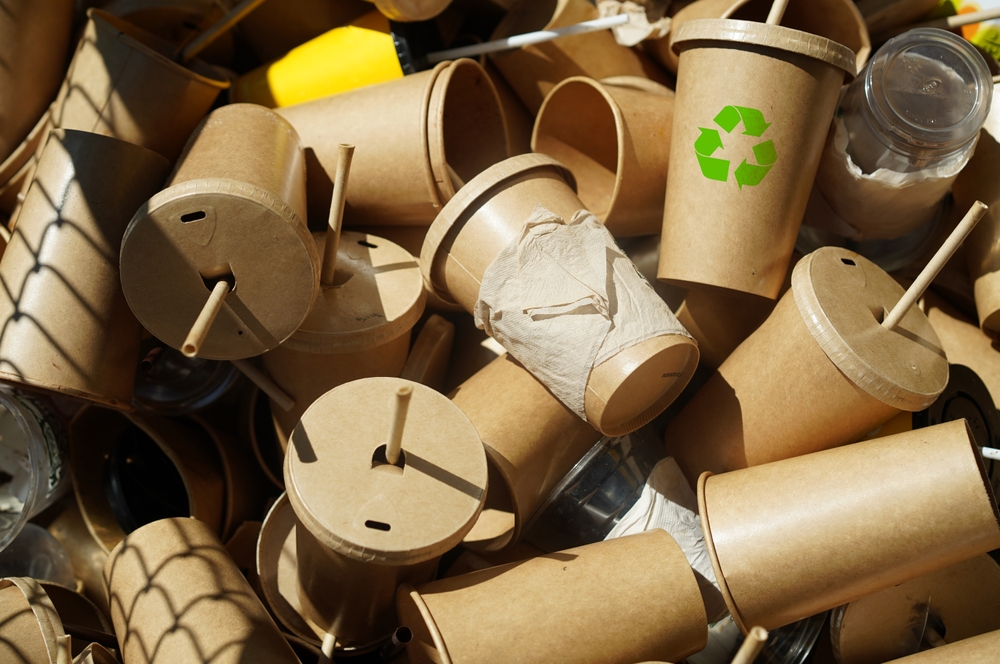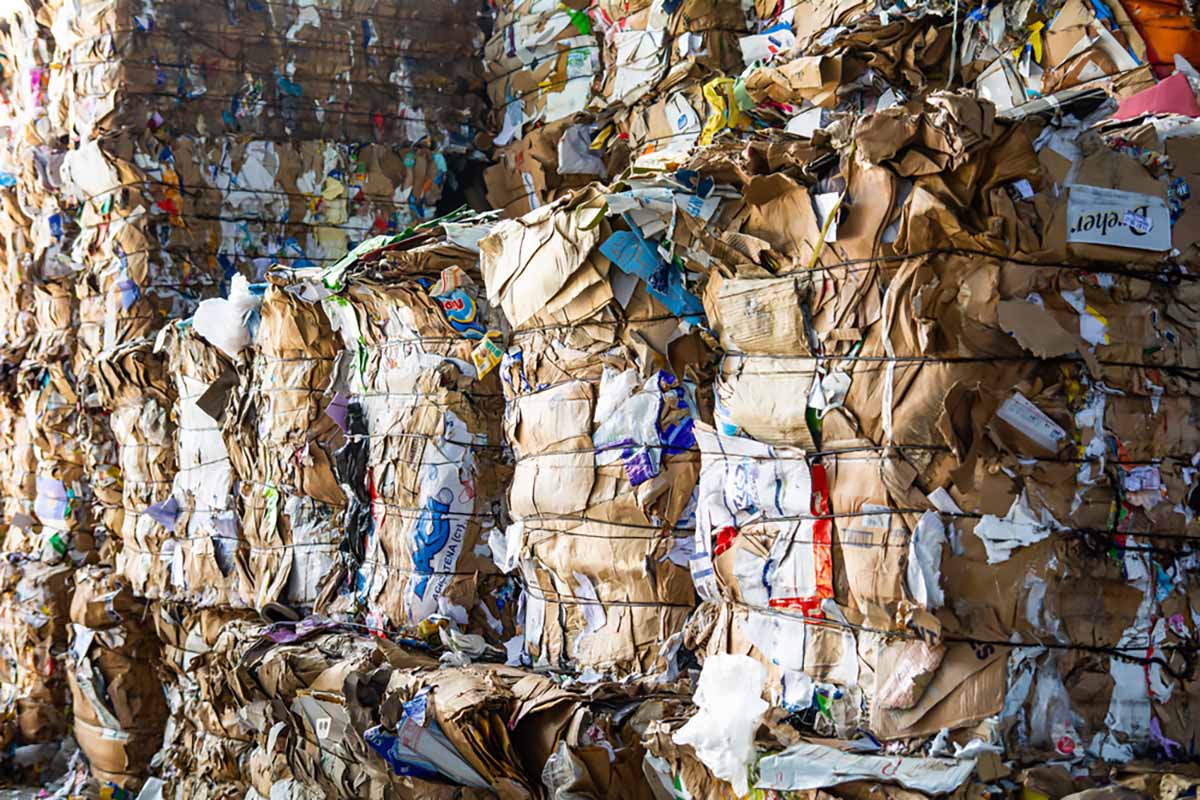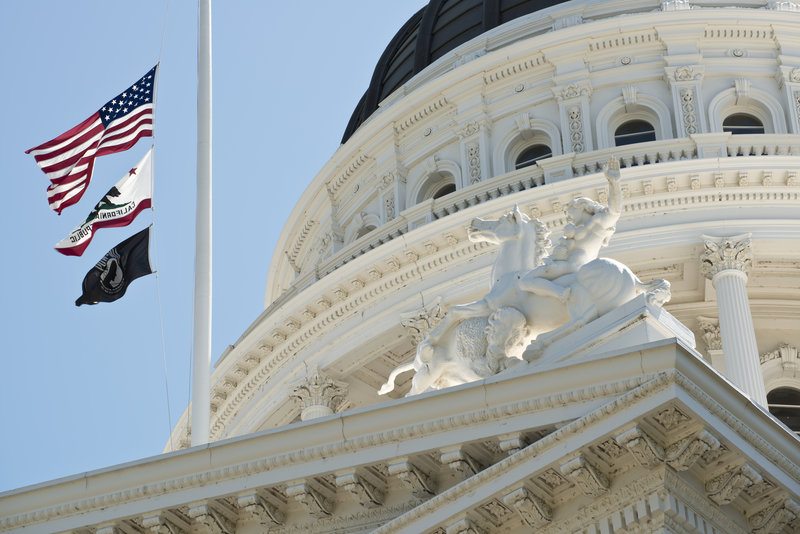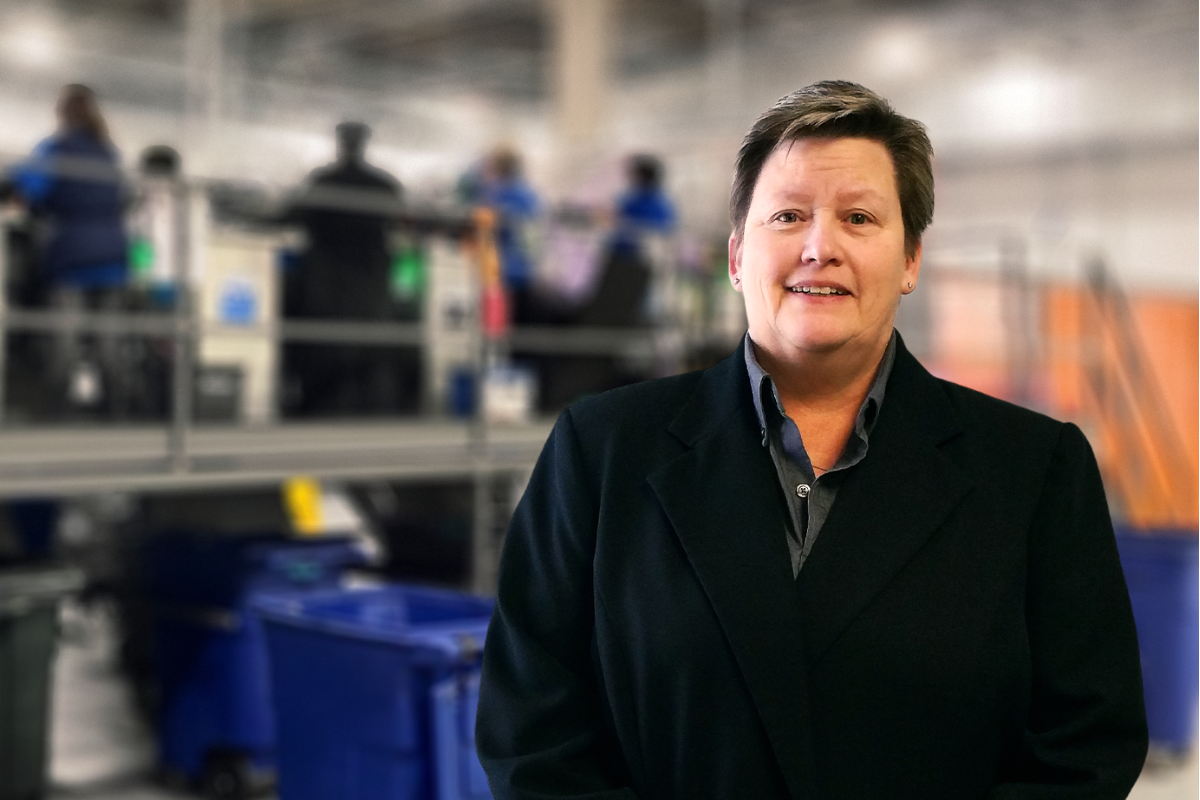
Sue Beets-Atkinson, global vice president of sustainability at SBM Management Services.
A warm welcome back to “Women in Circularity,” where we shine a light on women moving us toward a circular economy. This month, I was pleased to connect with a leader in zero waste facilities: Sue Beets-Atkinson. Sue is the global vice president of sustainability at SBM Management Services. SBM is a leading global services provider that helps corporations meet their operations-related sustainability goals. Sue has 32 years of experience in business waste minimization. Continue Reading





